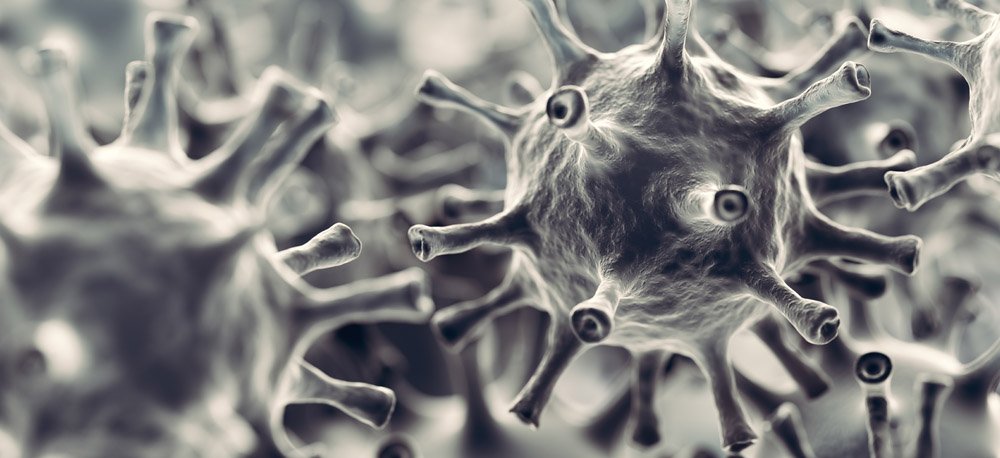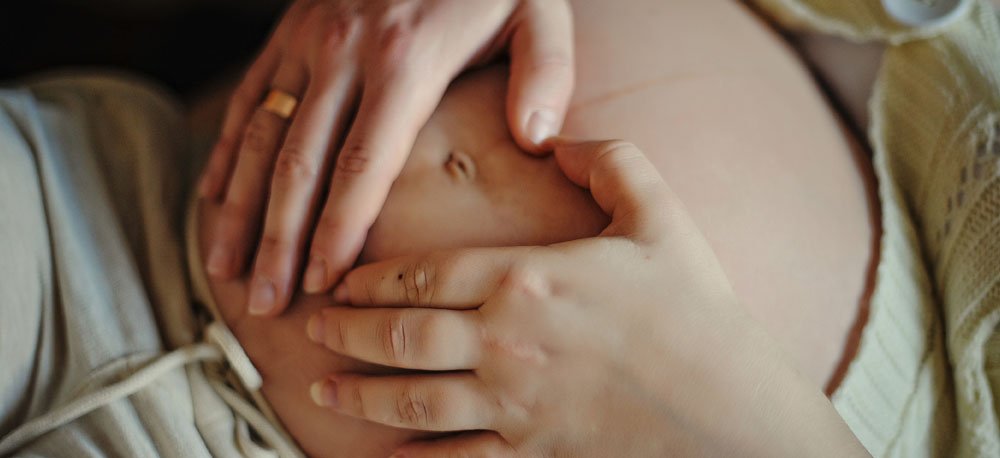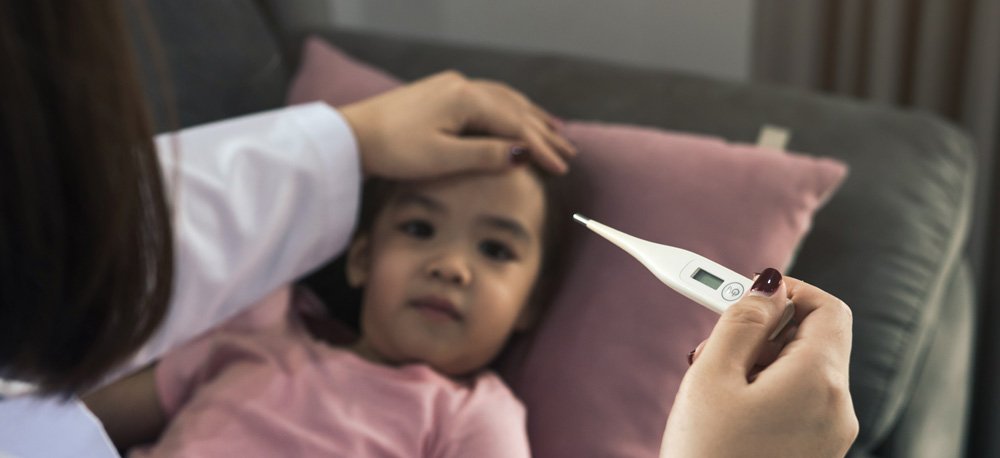-
August 20, 2021
-
0


Mucormycosis: what is the “black fungus?”
As the second wave of the Covid-19 pandemic rages across India, a fungal infection known as mucormycosis (or commonly as the "black fungus") is being reported in increasingly high numbers amongst recovering and recently recovered Covid-19 patients. The country now faces the prospect of multiple health crises with the "black fungus" being declared a pandemic by many states. The rampant mucormycosis infections have added yet another dangerous complexity to the recovery of Covid-19 patients and created more panic amongst the citizenry.
What is the "black fungus?"
Mucormycosis is a rare but serious fungal infection caused by a group of moulds known as mucormycetes. These moulds are prevalent in our natural environment as spores in the air and in places such as the soil, plants, manure, and decaying vegetables and fruits. It is so ubiquitous that it can be found even in the nose and mucus of a healthy person.
Mucormycosis generally affects immunocompromised individuals (people with a compromised ability to fight viruses, germs, and other environmental pathogens). Patients recovering or recently recovered from Covid-19 typically suffer from a weakened immune system, and are being found to be susceptible to mucormycosis infection. The infection affects the sinuses, the lungs, and the brain.
With an overall mortality rate of 50%, it can easily be life-threatening in immunocompromised people.
What are the risk factors for contracting this infection?
In spite of the seemingly close association with Covid-19 recently, "black fungus" does not spread by direct contact - neither by person-to-person contact nor by droplet spread. This fungal infection also does not spread through oxygenation, humidifiers, or water. The fungal spores are found indoors as well as outdoors and enter the respiratory tract via inhalation.
Though there are some linkages cited by doctors with overuse of zinc and iron supplements, the main risk factors for contracting mucormycosis infections are believed to be the following:
● Drug-related compromised immunity from steroid overuse, immunosuppressant drugs, or chemotherapy.
● Diabetes or hyperglycemia (high blood sugar levels).
● Immunocompromised patients suffering from conditions such as cancers and HIV/AIDS.
What is the link between Mucormycosis and Covid-19?
In spite of the seemingly close association with Covid-19 recently, there is no direct link or causation between Covid-19 and mucormycosis.
There are, however, many factors that are closely connected to Covid-19 cases that increase a patient's susceptibility to contract the infection:
● Diabetes: Uncontrolled diabetes contributes to weakening the immune system. With an already compromised immune system, a Covid-19 patient has an additional complication with diabetes. A history of uncontrolled blood sugar levels not only exposes these patients to the risk of contracting more severe illnesses but also encourages the "black fungus" infection to thrive in the body.
● Steroids: Steroids are used to reduce inflammation in the lungs of Covid-19 patients and help control lung damage when there is an overly strong reaction from the immune system to fight the coronavirus. These drugs, however, can in addition to controlling the immune response also weaken it severely. They also push up blood sugar levels in diabetic as well as non-diabetic patients.
This sets upon a cycle of conditions that can leave a Covid-19 patient severely immunocompromised. First, diabetes (or poor sugar control) reduces the body's immune defences, then Covid-19 worsens it, and finally, non-judicious use of steroids cripples the immune system. This plummet in the immune response of Covid-19 patients leaves them vulnerable to a mucormycosis infection.
● Comorbidities, immunodeficiencies, and immunosuppressants: Patients suffering from comorbidities (such as diabetes) or immunodeficient conditions (such as HIV/AIDs) already have a weak immune system to protect them. Patients taking immunosuppressive medications (such as chemotherapy, corticosteroids) to fight severe diseases and environmental pathogens are in a similarly vulnerable situation. Such patients are at a high risk of contracting fungal infections. Ailing Covid-19 patients, whether diabetic or surviving with immunosuppressant drugs have low defenses against fungal infections such as mucormycosis.
What are the early symptoms to watch out for?
Mucormycosis, with a mortality rate of 50%, can be life-threatening. Though controlled mainly with antifungal medication, it is not uncommon for patients to require surgery and lose an eye or the upper jaw.
It is important that you pay attention to early signs of a possible mucormycosis infection to prevent severe complications:
● Pain and redness around the eyes and nose, accompanied by fever.
● Swelling of the forehead and headaches.
● Local pain and swelling in the one side of the face or cheekbone.
● Loosening of teeth and reduced jaw involvement.
● Blackish discolouration or crusts around the bridge of the nose or palate.
● Blurred or double vision, accompanied by pain.
● Pulmonary symptoms such as nasal blockage/ discharge (bloody or black in colour), nosebleeds, reduction in facial sensations.
● Respiratory symptoms such as trouble with breathing, chest pain, and coughing.
How do you prevent or minimise "black fungus" infection?
Mucormycosis remains a rare infection amongst non-immunocompromised people.
Experts at the Sagar Hospital advise the following to prevent a black fungus infection in immunocompromised patients:
● The fungi spores thrive in damp, high moisture environments. Unsanitary environments where patients are being treated or oxygenated can become a source of infection in the absence of proper ventilation and cleanliness. All environments of recovering patients, whether medical or home, must be kept as sanitary as possible.
● Unsystematic and overuse of steroids can push down immunity and raise blood sugar levels. The prevalence of both these conditions increases the chances of contracting a mucormycosis infection. One way to stall the possibility of the fungal infection is ensuring that Covid-19 patients, in treatment as well as after recovery, are administered the right dose of steroids at the right time and for the right duration. Patients should avoid self-medication and treatment should be strictly under a doctor's guidance.
● It is strongly recommended that hyperglycemia be monitored and controlled. Blood sugar levels of diabetic as well as non-diabetic patients being treated for Covid-19 must be kept in check. Doctors should also monitor patients discharged from Covid-19 treatment for blood glucose levels, especially in diabetics.
Treatment
Management of Covid-19 patients is an interdepartmental effort of internal medicine specialists, ENT specialists, microbiologists, ophthalmologists, dentists, and maxillofacial surgeons. At Sagar Hospitals, our interdisciplinary team of experts handles mucor infections in our patients with utmost care and efficacy.
For Covid-19 patients being treated for mucormycosis, our experts strongly recommend controlling diabetes and hyperglycemia, reducing steroid use, and discontinuing the use of immunosuppressant drugs. Following medication and procedures, intravenous antifungal treatment may be required.
While primarily treated with antifungal medication, a mucormycosis infection may eventually necessitate surgery.
The "black fungus" has become a pandemic in India in its own right and naturally created worry in a population already reeling from the pandemic. While not a common infection at all, mucormycosis is a high risk for the immunocompromised such as Covid-19 patients. Overuse of steroids and uncontrolled blood sugar levels further makes patients even more vulnerable to this fungal infection. However, infection can be prevented and treated with monitoring of hyperglycemia, strict control of steroid use, and control of immunosuppressant conditions. For more information on mucormycosis and its control reach out to our experts at Sagar Hospital.
Best place to buy replica rolex rolexexpert.io!Contact
JAYANAGAR
BANASHANKARI






